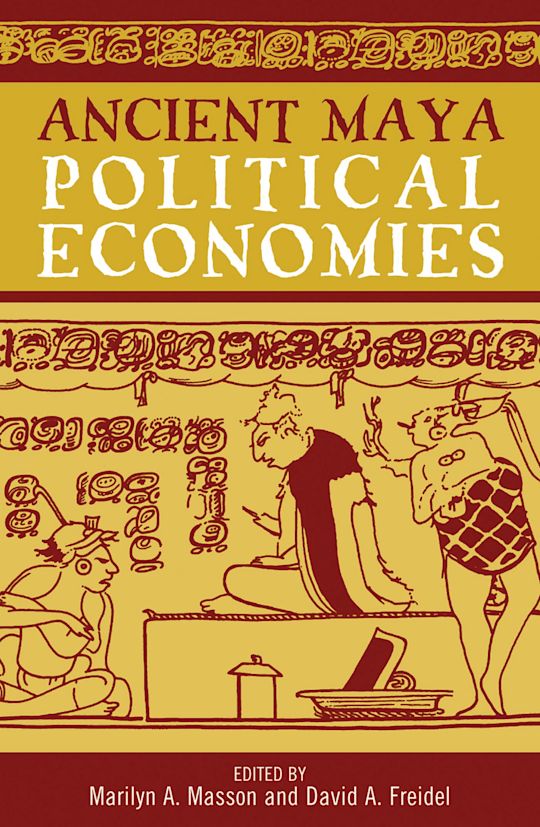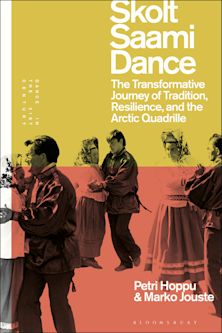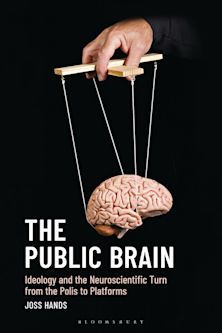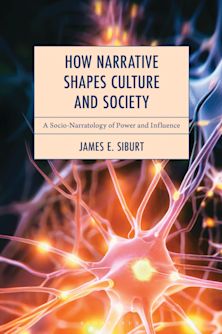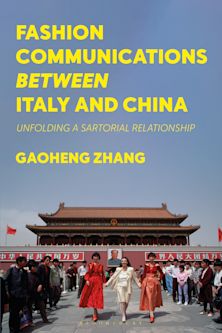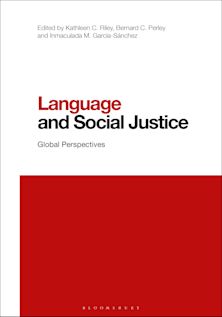- Home
- ACADEMIC
- Anthropology
- Cultural Anthropology
- Ancient Maya Political Economies
Ancient Maya Political Economies
Marilyn A. Masson (Anthology Editor) , David A. Freidel (Anthology Editor) , WILLIAM L. RATHJE (Contributor) , KATHRYN REESE-TAYLOR (Contributor) , AND DAVID MORA MARIN (Contributor) , KATHRYN REESE-TAYLOR AND DEBRA S. WALKER (Contributor) , Patricia A. McAnany (Contributor) , BEN S. THOMAS (Contributor) , STEVEN MORANDI (Contributor) , POLLY A. PETERSON (Contributor) , AND ELEANOR HARRISON (Contributor) , GEORGIA WEST (Contributor) , LAUREN A. SULLIVAN (Contributor) , Antonia Foias (Contributor) , BRUCE DAHLIN AND TRACI ARDREN (Contributor) , GEOFFREY E. BRASWELL (Contributor) , ANTHONY P. ANDREWS AND SHIRLEY B. MOCK (Contributor) , CRAIG A. HANSON (Contributor) , ELIZABETH GRAHAM (Contributor)
Ancient Maya Political Economies
Marilyn A. Masson (Anthology Editor) , David A. Freidel (Anthology Editor) , WILLIAM L. RATHJE (Contributor) , KATHRYN REESE-TAYLOR (Contributor) , AND DAVID MORA MARIN (Contributor) , KATHRYN REESE-TAYLOR AND DEBRA S. WALKER (Contributor) , Patricia A. McAnany (Contributor) , BEN S. THOMAS (Contributor) , STEVEN MORANDI (Contributor) , POLLY A. PETERSON (Contributor) , AND ELEANOR HARRISON (Contributor) , GEORGIA WEST (Contributor) , LAUREN A. SULLIVAN (Contributor) , Antonia Foias (Contributor) , BRUCE DAHLIN AND TRACI ARDREN (Contributor) , GEOFFREY E. BRASWELL (Contributor) , ANTHONY P. ANDREWS AND SHIRLEY B. MOCK (Contributor) , CRAIG A. HANSON (Contributor) , ELIZABETH GRAHAM (Contributor)
You must sign in to add this item to your wishlist. Please sign in or create an account
Description
Ancient Maya Political Economies examines variation in systems of economic production and exchange and how these systems supported the power networks that integrated Maya society. Chapters in this book take a hard look at existing models of elite exchange and tribute and address the difficult question of how the flow of utilitarian goods supported Maya kingdoms and their ruling classes. Using models originally developed by William L. Rathje, the authors explore core-periphery relations, the use of household analysis to reconstruct political economy, and evidence for market development. In doing so, they challenge the conventional wisdom of decentralized Maya political authority and replace it with a more complex view of the political economic foundations of Maya civilization.
Table of Contents
Product details
| Published | 15 Aug 2002 |
|---|---|
| Format | Ebook (Epub & Mobi) |
| Edition | 1st |
| Extent | 288 |
| ISBN | 9780759116566 |
| Imprint | AltaMira Press |
| Publisher | Bloomsbury Publishing |
About the contributors
Reviews
-
This important volume examines the changing nature of pre-Columbian Maya political economies in different regions and time periods and at different scales...This book is a significant contribution to the archaeological literature. I believe that it should be a "must-read" volume for scholars of the ancient Maya and would be stimulating reading for any archaeologist interested in early political economies.
Jeremy A. Sabloff, University of Pennsylvania, Journal of Anthropological Research
-
These papers, originally presented at the annual meeting of the Society for American Archaeology in 2000, offer a unique overview of current research on the prehispanic Maya's political economy, defined by the editors as the "ways in which economic production and exchange are manipulated to support the power of a society's leaders." ... The reintroduction of economic issues is a welcome complement to recent studies of Maya political organization based primarily on texts and images. The contributions include important overviews of the organization of production and exchange of salt,ceramics, shell, cacao, and obsidian, including discussion of the development of currencies and markets. They span all periods from the preclassic through the early colonial and cover the Maya lowlands... several contributors (West, Foias, Dahlin and Ardren, and Hanson) offer highly readable papers that make important arguments sure to sustain debate for some time.
R. A. Joyce, University of California, Berkeley, Choice Reviews









